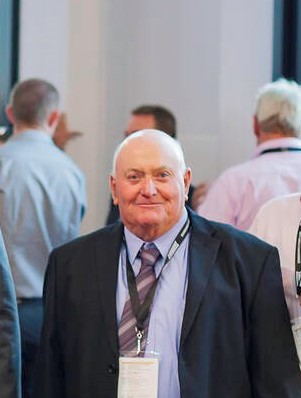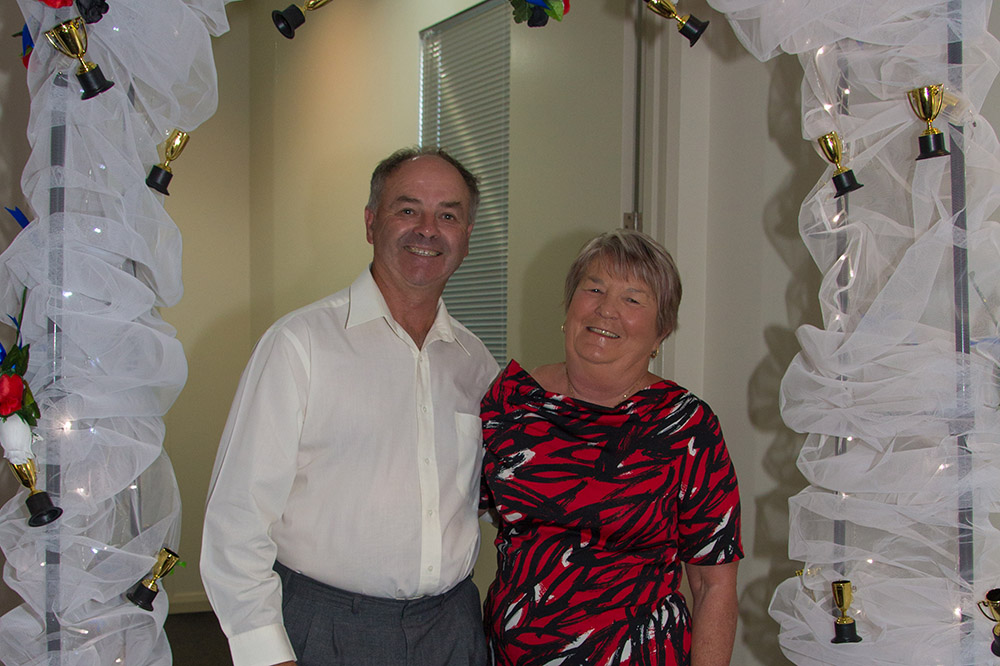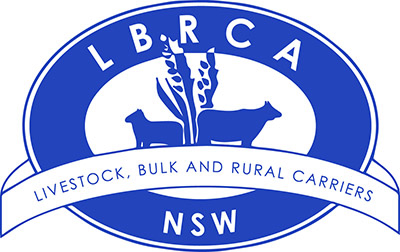
Jul 12, 2020
Garry Todd has been an LBRCA member for more than 15 years. Garry and his wife Dorothy live in Gollan, just outside of Dubbo in Western NSW.
I started in the industry working for Pioneer for 30 years carting hot mix for the M4 and then for the Mascot airport. Once the tar dried on those jobs, I moved to Yass carting more hot mix before buying and running my own 2000-acre farm at Goolma.
After that I took a job carting livestock and other commodities for local farmers and transport operators like Thompsons Livestock Transport, in the regional area.
Right now…. I’ve downgraded to a 70-acre farm at Goolma, cart grain for local farmers around the area and drive the local school bus one-day a week. I also throw a great deal of my time towards my volunteer roles as Secretary, Treasurer and Deputy Captain in the local Rural Fire Services. I’ve been working with Bec in the Secretariat to get a few local roads improved that will benefit both trucks and buses.
My favourite food and drink: Coke, Roast Lamb
My favourite TV shows are Channel Nine news and A Current Affair (ACA).
I joined the LBRCA because 15 years or more ago Ian Penderedsuggested I join to the help the cause of the bulk sector. I’ve been a member since.
I support the LBRCA because they are all about improving our industry. They put councils on notice, they are passionate about industry and they take the time to listen. Without the association I don’t think we would be where we are today.
I support LBRCA sponsors because they look after us. After attending the LBRCA Annual Conference in Dubbo back in 2017 I switched my health insurance to Westfund Health Insurance. I’m very happy with Westfund and glad to support a local, regionally based company. They have an office in Dubbo and get great service when you go in there.

Jul 11, 2018
Meet LBCA Member, Fred Troutman of Goulburn Livestock.
How did you start out in Livestock Transport?
Heavily in debt. I had no experience with animals and no license. I’d been with the Department of Agriculture for 12 years and was looking for a change. I knew someone who knew someone – and I bought him out. I was also lucky. Richard Carter, Bill Fife, Geoff Lawton and Harry Medway showed me the ropes. 30 years later – the rest is history.
What do you like most about the job?
Every day brings a new challenge. I organise about 8 trucks every day. I love the people. I love working with livestock and I love helping others. It doesn’t feel like work.
What is the worst road you drive on?
There’s a few. Taralga Road. Goulburn to Crookwell. And the road through Coolah, Tambar Springs and Mullaley.
Who has the best truck stop facilities?
Shell Goulburn used to be pretty good – but it’s gone now. Willow Tree is good. In general though the standards have gone down over the years. Occasionally I’ll even choose a McDonalds over some facilities.
There are a few grubs about – people should clean up after themselves. No excuse to dump rubbish – there are plenty of bins about.
What are the biggest frustrations about the job?
It’s frustrating when land owners, stockholders don’t do the right thing and curfew their animals prior to loading (they falsely believe they’ll get a bit extra for an animal that’s full of food and water). The reality is that they only get paid for the hanging carcass, not for what goes on the abattoir floor.
What would you do to fix it?
Just keep repeating the message, and hope they do the right thing. (I know the LBRCA is working hard to address this. They’re working with lots of different people to help everyone understand the bigger picture. It’s not easy because everyone is coming at it from their own side – but we will get there).
What would you do to improve safety in the industry?
We’ve come a long way. We’ve now got some good things in place – it’s up to individuals now.
How has the Livestock Loading scheme affected your job and the community in general?
The 68T has been great. The rules are more practical and it’s taken out the risk factor. It’s made a difference to farmers. We can now put 60 beasts on rather than 55. This means more heads per truck to the abattoir for the same freight cost.
What advice would you give to a young person starting out in Livestock Transport?
Common sense goes a long way. Watch and learn from others and, above all, think for yourself.
Tell me how you went about working last mile access with the Council
The big thing is consistency. Richard Carter and I have been chipping away for a while but we’ve been pretty consistent over the last 3 years.
We put in an application for Range Road and got knocked back. Then the LBRCA came along for a meeting with Council and we were knocked back again – but appealed. Then we put an application in for 4.6 and B Doubles at the same time. And now we have got 4.6m on some of the roads.
It’s been frustrating – but it will be worth it. And not just for ourselves but for everyone who needs access coming in or out.
Fred has had to do a lot of talking to councils to help them understand the issues for local transporters. Deputy Mayor of Goulburn, Bob Kirk, attended the 2015 LBRCA conference and spoke very openly about his experience with Fred and other local transporters. He talked about Fred playing a key role in helping him understand the challenges for local transporters around getting access. The conversations between the local transporters and council people were the key to gaining access to important routes in the local area.
How did you find out about the LBRCA?
Word of mouth.
Why did you join LBRCA?
It’s handy to keep up to speed with the rules and regulations.
What was your experience of the LBRCA Conference?
Young Driver Award was great – it’s good to see some young blood coming through and it’s good to hear other people talk. The Conferences are getting better every year.
What more could LBRCA do for you?
Don’t know. We’ve come a long way. It’s great to have some hands-on people like Barney Hayes contributing to the Association – not just a suit out of Uni.


